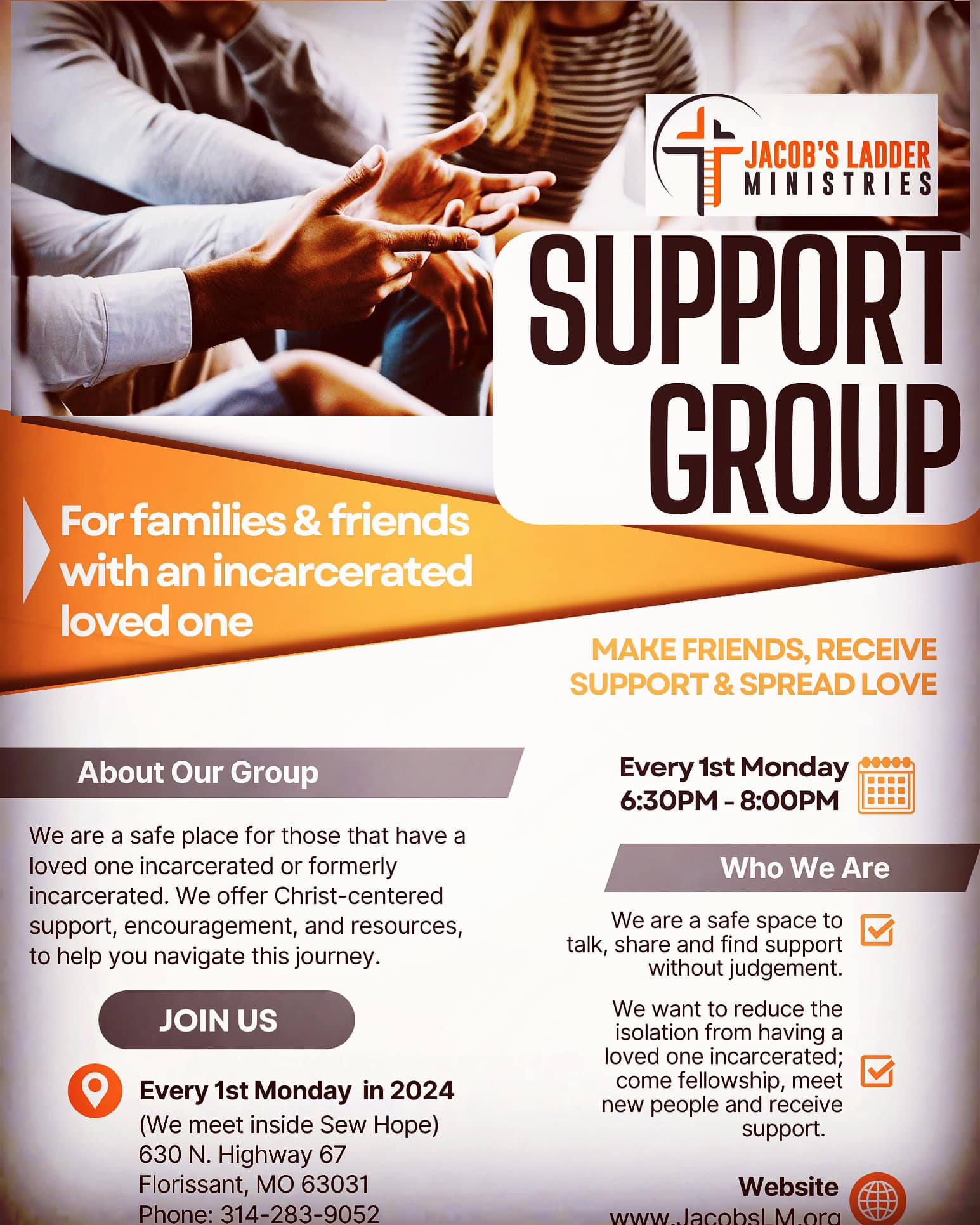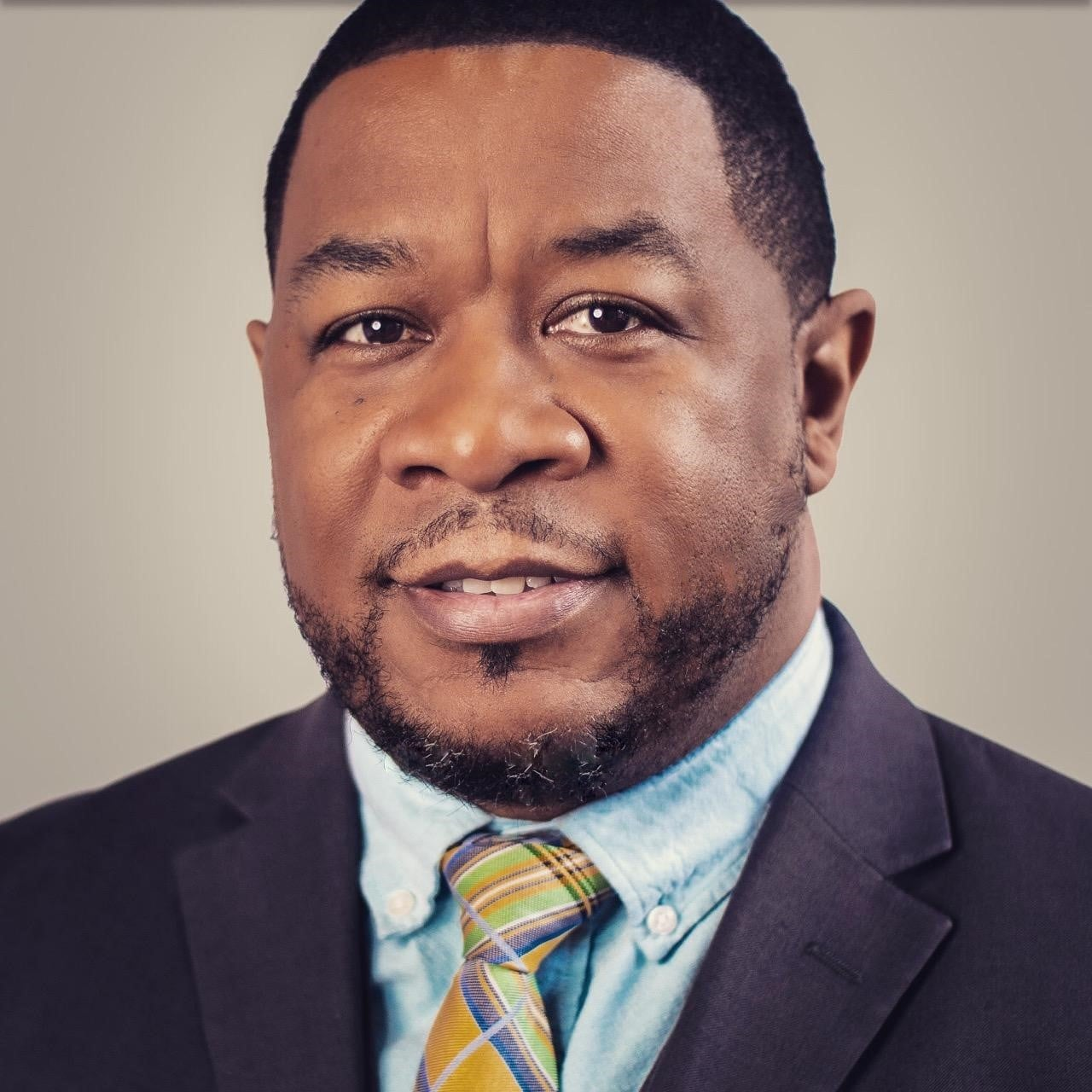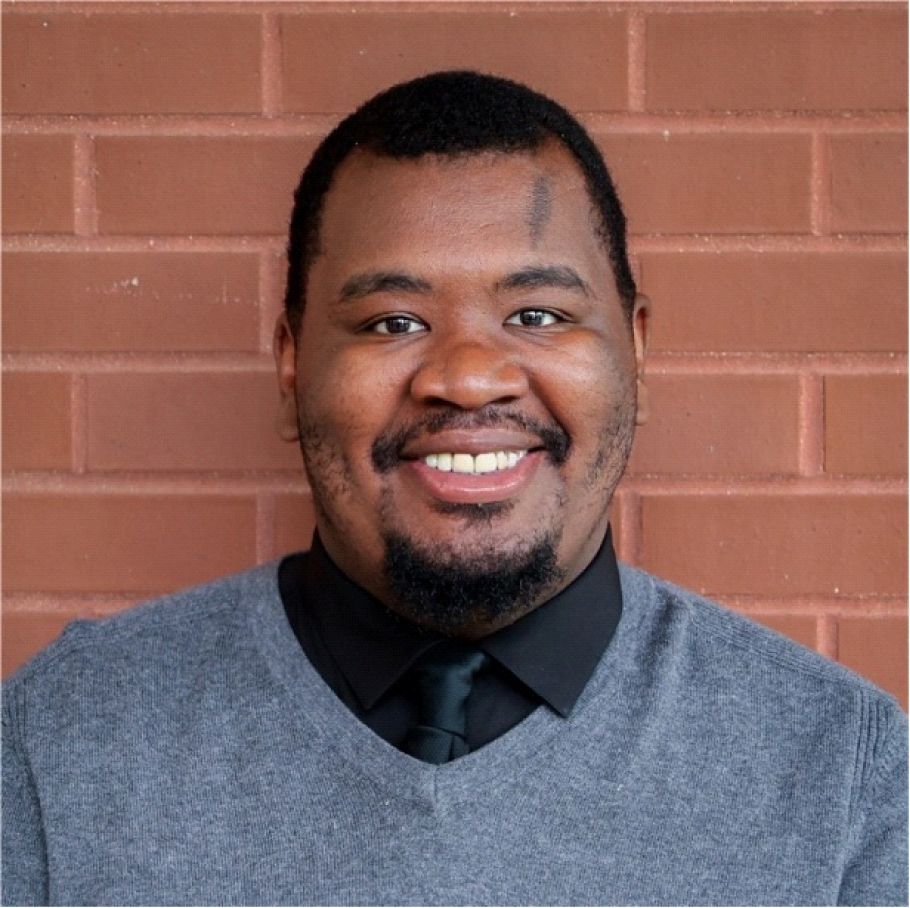"Breaking Chains, Building Lives: A Journey of Recovery and Re-entry"
Alfred Long

The connection between addiction recovery and successful reentry from prison is significant. Addressing substance abuse issues during incarceration and providing access to effective addiction treatment programs can greatly enhance an individual's chances of successful reintegration into society upon release. By providing support for addiction recovery, individuals are better equipped to overcome the challenges they may face upon reentry, such as finding stable housing, employment, and maintaining positive social connections. Moreover, addiction recovery can help reduce the likelihood of relapse and reoffending, ultimately contributing to lower recidivism rates and safer communities.
Faith-based recovery refers to addiction treatment programs and approaches that incorporate religious or spiritual beliefs as central components of the recovery process. These programs often integrate elements of faith, such as prayer, scripture study, meditation, and participation in religious services or support groups. Christian faith-based recovery programs draw on the teachings and principles of the Bible. The underlying belief is that spiritual growth and connection to God through his Son Jesus Christ can help individuals overcome addiction, find purpose and meaning in life, and maintain sobriety. These programs may be offered within religious institutions, as standalone organizations, or as part of broader treatment options within the healthcare system.
Faith-based recovery program (Adult and Teen Challenge) provided me with the biblical guidance I needed to overcome a heroin and alcohol addiction that would eventually land me in prison or the grave.
Teen Challenge introduced me to Jesus Christ who freed me from a life of crime and destruction, exchanging them for a life of victory and hope.
I encourage every Church to incorporate some type of faith-based recovery program. Celebrate Recovery is a successful program used by many Churches! There are many more. Adopt one that fits your congregation.
Many men and women have accepted Jesus in prison and need a safe haven to maintain their sobriety, when they are released. What better place to land than Church? Especially a Church that understands and can minister to the spirituals needs of someone struggling with substance use disorders.
Starting a faith-based recovery program can be a meaningful endeavor, but it requires careful planning and consideration. Here are some steps to help you get started:
1. Identify your mission and goals - Determine the purpose and objectives of your faith-based recovery program. Consider what population you want to serve, what type of support you want to offer, and how you want to incorporate faith into the recovery process.
2. Research and understand the needs of your target population - Conduct research to understand the specific needs and challenges faced by individuals struggling with addiction in your community. This will help you tailor your program to address those needs effectively.
3. Develop a program structure - Define the structure of your faith-based recovery program, including the types of services you will offer, the duration of the program, and any specific curriculum or activities you will incorporate. Consider whether you will offer individual counseling, group therapy, support groups, educational workshops, or other services.
4. Build partnerships - Establish partnerships with local religious organizations, community groups, healthcare providers, and other stakeholders who can support your program and help you reach your target population.
5 . Recruit and train staff and volunteers - Identify individuals who are passionate about addiction recovery and share your faith-based values to serve as staff members or volunteers for your program. Provide training on addiction, recovery principles, and any specific approaches or interventions you will be using.
6. Secure funding and resources - Determine how you will fund your program and secure the necessary resources to support its operation. This may involve seeking grants, donations, or partnerships with funding organizations.
7. Promote your program - Develop a marketing and outreach strategy to raise awareness of your faith-based recovery program and attract participants. Utilize various channels such as social media, community events, religious gatherings, and healthcare providers to reach your target audience.
8. Implement and evaluate - Launch your faith-based recovery program and continuously evaluate its effectiveness. Gather feedback from participants, monitor outcomes, and make adjustments as needed to improve the program over time.
Starting a faith-based recovery program requires dedication, passion, and a commitment to serving others. By following these steps and staying true to your mission, you can make a positive impact in the lives of individuals struggling with addiction in your community and reduce recidivism at the same time.
I provide Coaching and Consulting for organizations wishing to start a faith-based recovery program.
Contact me at:
along@jacobslm.com
(314) 282-7220
www.jacobslm.org
Sparkman Articles











